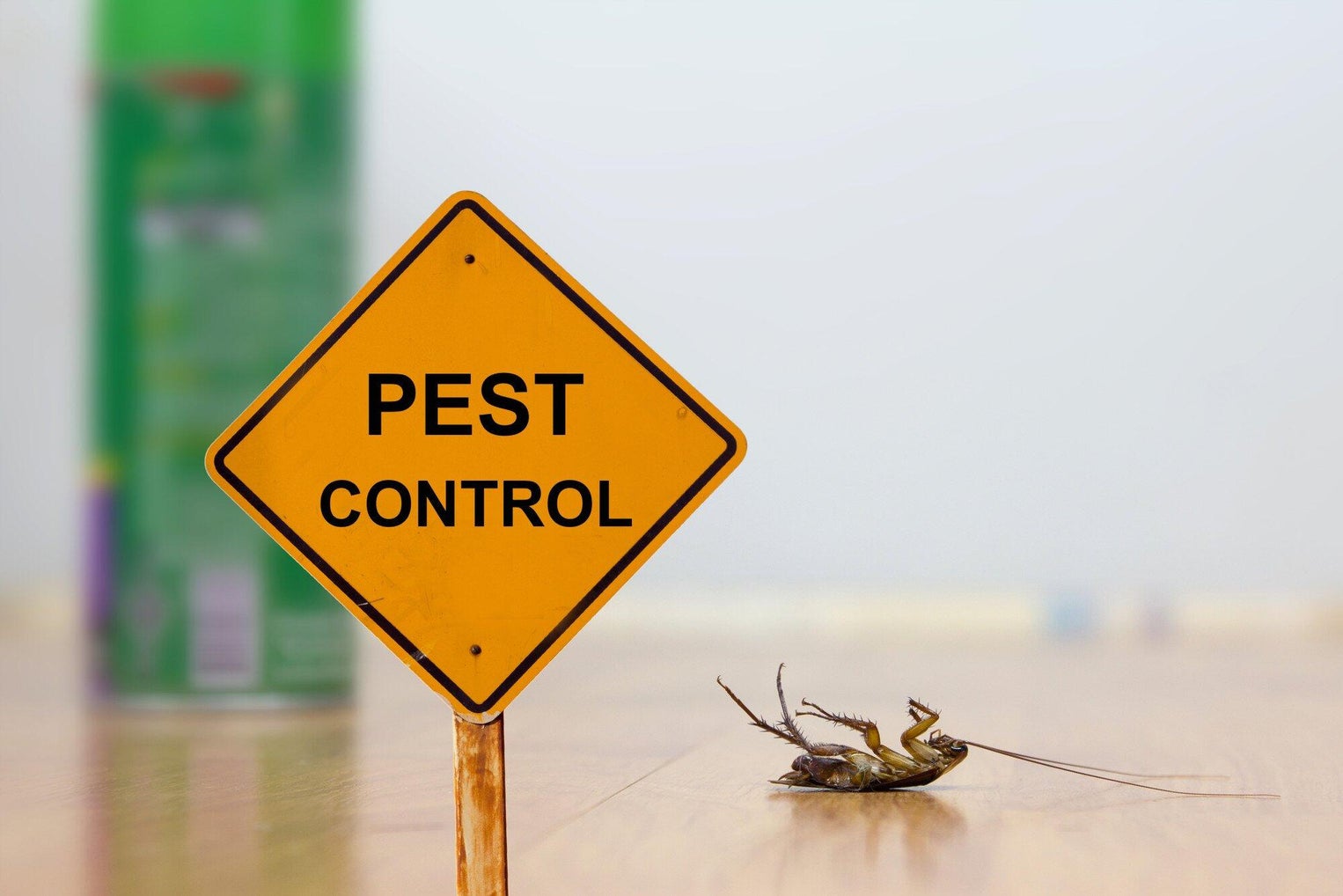
Creepy, crawly pests are not something anyone wants to deal with. Whether you are a landlord or a renter, dealing with pests is not ideal.To get rid of an infestation promptly, both parties have some responsibilities they need to handle. When it comes to finances, are tenants responsible for pest control?Keep reading to find out what you need to know.
Are Tenants Responsible for Pest Control?
The Residential Tenancy Branch (RTB) in B.C. requires landlords to maintain a rental property and meet property standards. Keeping rental properties clean involves controlling pests.Landlords are responsible for handling the health and safety of properties. This is outlined by law and provincial maintenance standards within the
Residential Tenancies Act (RTA).So, are tenants responsible for pest control? Not exactly. A landlord should control pests and pay for eradication methods.However, it's on the tenant to keep the rental space clean to avoid pests. If pests make their way into a rental, tenants must report maintenance issues to the landlord.According to the RTA, tenants must keep the unit clean and up to the normal cleanliness standard.If a pest infestation occurs because tenants are messy, eviction is a possibility. Unsanitary units that put other tenants and the landlord at risk go against the lease agreement.If a renter is found responsible for causing pests, they are likely to become responsible for paying to get rid of the problem.Some tenants purchase
renter's insurance thinking it can help cover pest-related damages that they are responsible for.If you are a renter planning to go this route, carefully review your policy. Some policies cover certain pests while others don't.
Handling an Infestation as a Tenant
Tenants don't need to hire pest control services themselves. They should immediately tell their landlord if they suspect or see a pest in their home.If possible, document evidence of the infestation. This can help a professional identify the
type of pest that is causing an issue. Therefore, they can determine the best plan of action.A landlord should have instructions regarding what to do if an infestation occurs. Check your lease to find this information. You'll want to follow these steps, which may include:
- Cleaning the entire rented space
- Emptying closets and storage areas
- Washing all blankets, bedding, and clothing
- Moving furniture to the middle of all rooms
Allow the landlord and a pest control specialist to enter your space to eradicate the problem.The law says that a landlord must provide you with at least 24 hours notice before entering the unit. If the situation turns into an emergency, this could change.If the landlord fails to respond to your concern, reach out to the local municipal government. They will enforce the law and help maintain the maintenance standards of an investment property.
Key Responsibilities
In addition to reporting pest problems to landlords, tenants are required to prevent infestations. Preventing pest infestations requires these helpful preventative measures:
- Storing food correctly
- Cleaning regularly
- Properly disposing of garbage
Responsibilities may differ depending on the type of investment property a renter lives in.For instance, a renter in a single-family home is likely to be responsible for landscaping maintenance to prevent pests. Renters in multi-unit properties usually don't have to worry about landscape.
Handling an Infestation as a Landlord
Handling pest infestations is one of the most important landlord duties. After a tenant informs you of a pest problem, call a licensed pest professional. Document the issue or ask the tenant for their documentation.Inform the tenant at least 24 hours before you or the
pest control professional will enter the unit. Inform the renter of any tenant responsibilities they should uphold before the pest control pro arrives.If the pest problem has the potential to affect other units, tell the tenants. Inspect these units to see if there has already been a spread.Make sure there is something in your
lease agreement regarding pest control. This can prevent confusion and help you catch problems before they become worse.A lease agreement should outline you and the renter's responsibilities for pest control. Specific clauses set expectations for both parties from the beginning of the lease.
Key Responsibilities
A landlord must provide tenants with a place to live that is safe and comfortable. It's a legal obligation to maintain your property to prevent pest problems.Regular inspections can help you identify potential problems. You can schedule regular pest control treatments as well. How often you need to do this depends on the location and how prominent the pests are.As a general rule of thumb, treat your property for pests at least once a year.A rental property management company can help if you prefer to be a hands-off landlord. They will address structural issues that could allow pests to enter, such as cracks or gaps around doors and windows.Before tenants move into a unit, a property manager can ensure it is pest-free. Pest control measures can prevent future problems. If you find a problem, you must eliminate the existing infestation before allowing the tenant to move in.
Resolving Pest Control Disputes
Disputes regarding pest control problems can occur. It's important to know how to handle them.Open communication between landlords and tenants is ideal. In cases where communication isn't enough, consider legal help.A property manager is helpful for tenant relations and many other comprehensive services. They will communicate with renters about pests and how to combat any issue.
Work With Property Managers Today
Are tenants responsible for pest control? Tenants are required to keep their units clean, but landlords are responsible for handling an infestation. With inspections and regular pest treatments, you minimize the risk of this problem.Axford Real Estate & Property Management Group can help handle pest control problems that may arise, among other things.With an in-depth understanding of property care and licensed property managers, we are right for your business. As skilled problem solvers, we can help with any arising problems.
Contact us today to start working with us.
